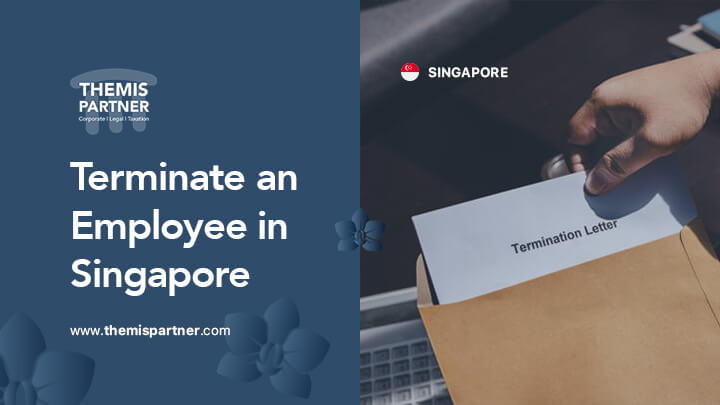Presentation of freight forwarding company
On the one hand, the freight forwarder is the transport professional most often solicited by companies. His responsibility is to transport each good entrusted to him to the right place, in national or international delivery, within the given time and without damage.
A shipping company can be generalists and can take care of any type of goods, from the document under envelope to the container that will take a cargo ship or a plane.
On the other hand, the shipping company is specialized in coordinating with other shipping companies that have their own freight transport. They leverage relationships with multiple carriers by developing various offers to obtain not only the most economical route, but also the safest and most efficient one. This allows companies to save time and money in shipping their products.
The transportation of goods is a complex process that requires a good knowledge of international customs, an established relationship with several transportation companies and excellent communication skills in order to comply with the following process:
1. Export transport: This is the part where the cargo leaves the shipper and is moved to the freight forwarder’s warehouse, usually by container truck or train. This can take anywhere from a few hours to a few weeks.
2. Export Clearance: This is always a necessary step for any cargo before it leaves the country of origin. In Singapore, these checks are carried out by licensed customs brokers who submit details and supporting documentation on the nature of the cargo.
3. Handling: The cargo is received and loaded onto the vessel. A freight forwarder’s cargo receipt is issued after validation, comparing the supporting documents with the details of the existing booking.
4. Import clearance: The authorities of the destination country are required to verify the customs documents concerning the cargo.
5. Destination handling: This process involves receiving the necessary documents regarding the cargo details from the point of origin, and is handled by the forwarder present with the cargo.
6. Import transport: Upon arrival in the country of destination, the shipping company transports the cargo to the freight forwarder’s warehouse in the country of destination. The cargo is then transported to the destination point, either by the forwarding agency or by the consignee himself.
In conclusion, the freight forwarder is the person who takes care of the coordination and movement of goods. A shipping company can provide these services either directly or through one or more subcontractors.
These subcontractors are often common carriers who have the means to transport goods or people by land, air and sea, and offer their services to the public.
Incorporating the shipping company
Once you have decided to establish a shipping company, you must incorporate your business. This is a legal requirement. Incorporation as a private limited company in Singapore is the most common form of incorporation. We can however point out that some legal requirements apply.
Firstly, you have to do a company registration in Singapore. It’s the first step in setting up a business.
All aspects of your business, from the name of your shipping company to the details of the board of directors, must be registered with the Accounting and Corporate Regulatory Authority (ACRA) of Singapore and approved before you can start your business operations or begin hiring employees.
In order to be validated by ACRA, the shipping company must meet certain requirements. Firstly, the principal person behind the shipping company must register. This person must be at least 18 years of age and legally entitled to hold a position as a director.
Secondly, at least one director must reside in Singapore. The corporate secretary must also be a Singapore resident.
On the other hand, in order to register a company, it is necessary to pay up capital. The share capital is a sum of money contributed by the partners or shareholders in a company in exchange for corporate rights at the time of its creation. The legislation may require minimum amounts for the share capital. These amounts vary according to the corporate form of the shipping company. For limited liability companies, the capital must be at least SGD 1.
Finally, in order to proceed with registration, an office address is required. Thus, you must ensure that you register a proper address for your shipping company, i.e. find a business location. For a limited liability company, a physical office address is required.
Application for Licenses and Permits
1. Submission:
You must apply for the appropriate licenses and permits based on your business activities. The basic licenses/permits for shipping company are as follows:
| ➤ The Port Boat Permit to operate vessels within the Port of Singapore |
| ➤ Port Authorization Certificate to operate vessels outside the Port of Singapore |
| ➤ Certificate of Registry of the vessel to carry passengers or cargo |
| ➤ Launch a New Vessel Permit to launch a new vessel over 15 meters in length in the port |
| ➤ Ship Station License to operate radio communication equipment on board your Singapore registered vessel |
| ➤ Ship Sanitation Certificate to certify the sanitary condition of your vessel for cargo transportation |











